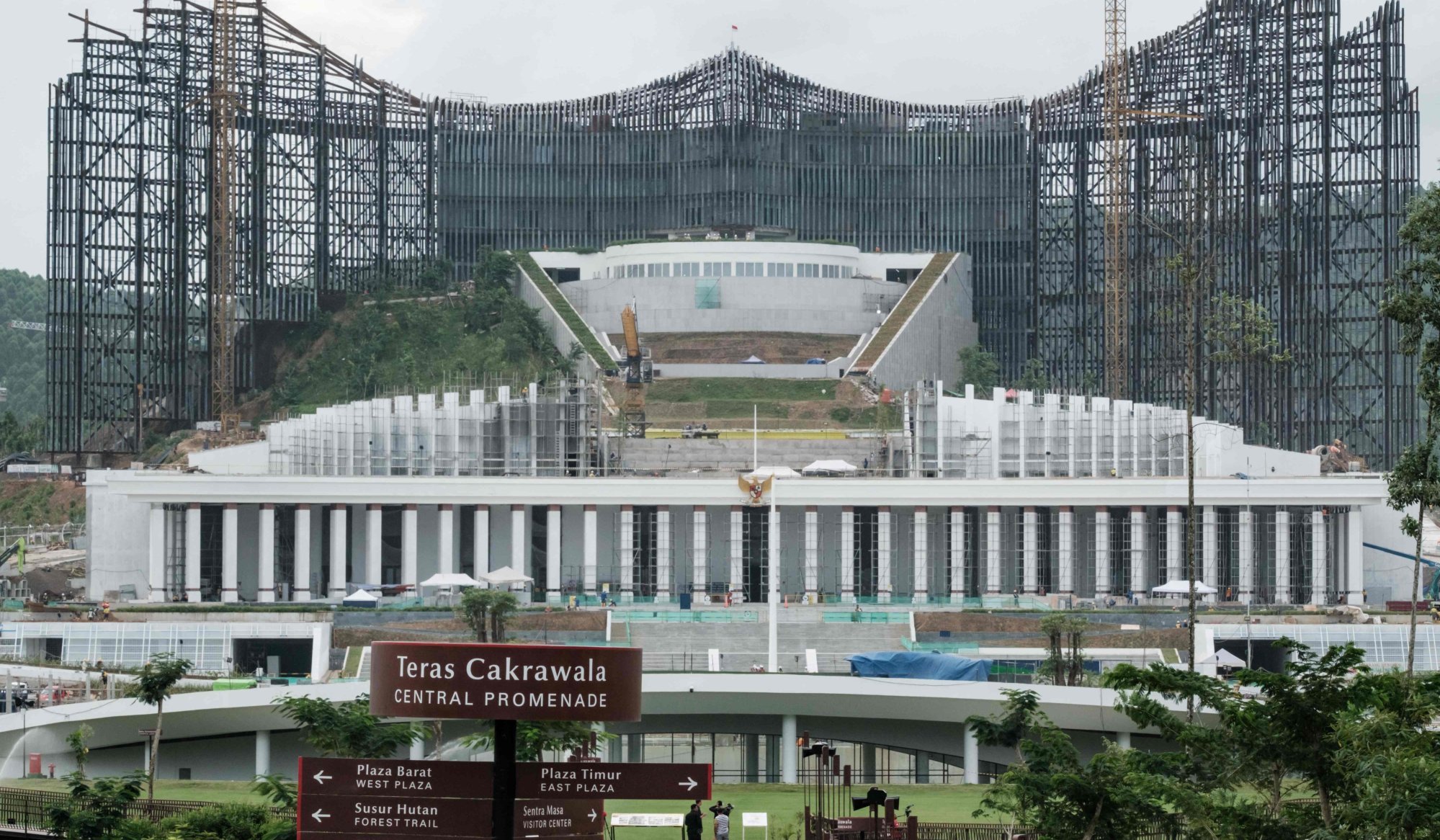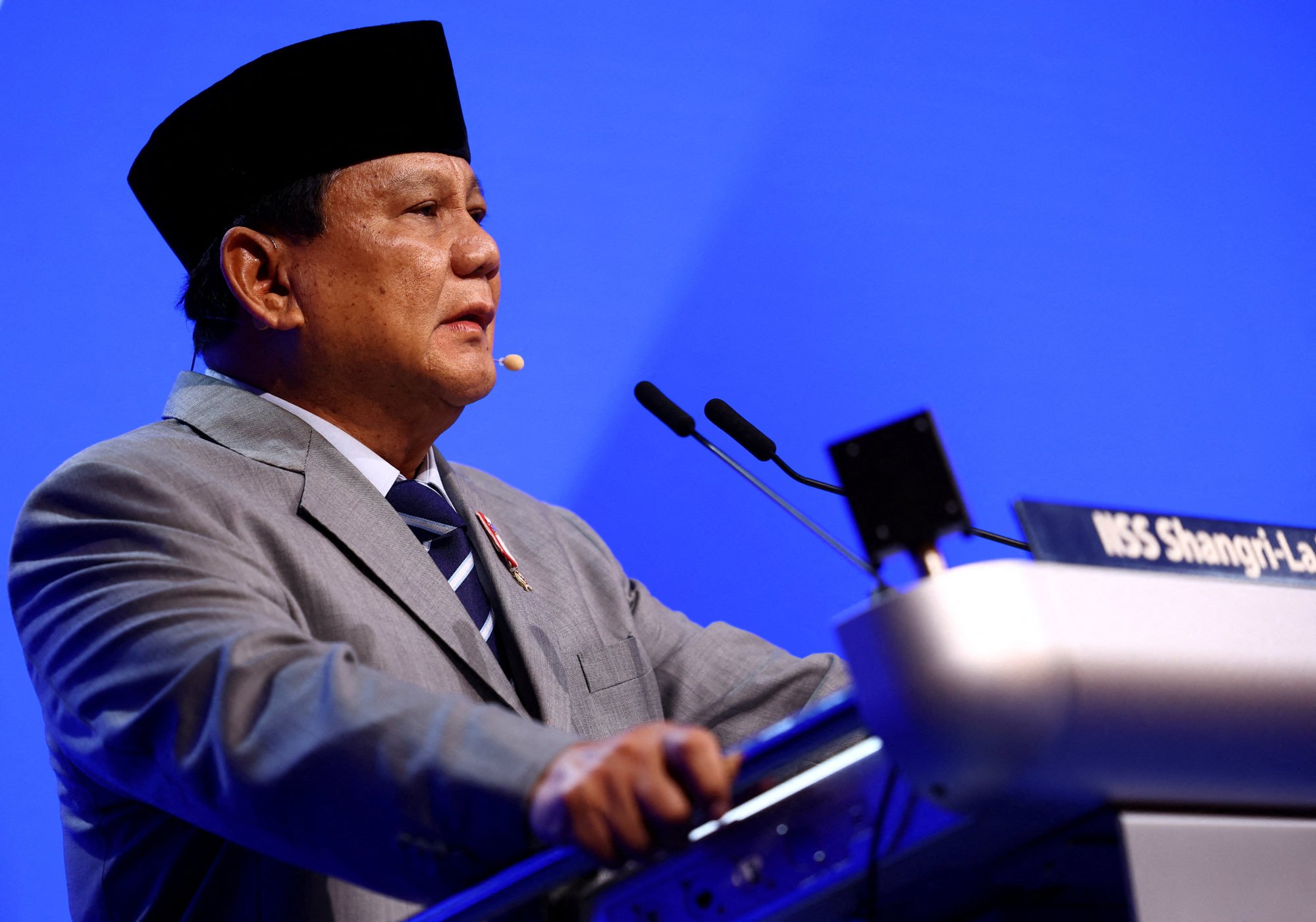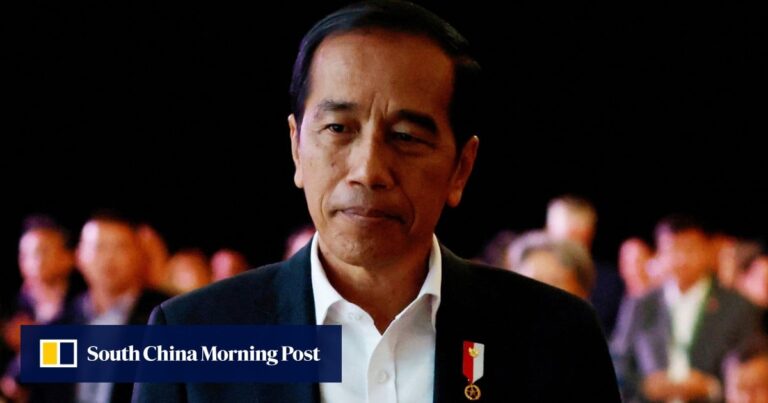The delays have raised fresh doubts about the project, highlighted last month by the sudden resignations of two senior officials overseeing Nusantara’s development.
President Joko Widodo’s vision for the new capital city involves transforming 2,560 square kilometres of land in East Kalimantan on the island of Borneo into a functional new green smart city over the next 25 to 30 years.
“Basic facilities such as clean water, electricity, accommodation and other necessities may be completed in time for the celebrations, but the day-to-day running of the government is not yet ready,” said Nikki Farizal, a political and legal researcher at the Center for Strategic and International Studies (CSIS) in Jakarta.
Political analyst Yohannes Sulaiman noted the lack of progress on the project so far and said the timeline seemed “unrealistic,” adding that there had been whispers in political circles and among the public about the economic feasibility of the development.
“There is no political will to relocate… there are many questions, such as how much money will be put into the project and whether people want to relocate there,” said Yohannes, from Jenderal Ahmad Yani University in West Java.
Analysts say uncertainty surrounding the project is creating doubts among investors and deterring foreign companies from investing money.
President Joko said 20 percent of the project’s budget would come from the national treasury, with the rest to be funded by local and foreign private investors.
Total investment in the new capital was just Rp 47.5 trillion in the 12 months starting January 2023, all from domestic sources. The government has set a target of attracting Rp 100 trillion in investment by the end of 2024.

In Prabowo’s hands
Prabowo’s victory in Indonesia’s general election hinged in large part on his close ties with Joko Widodo and his desire to continue the incumbent’s policies, but analysts say it’s increasingly unclear whether he will follow through on those pledges.
The programme, expected to cost at least 450 trillion rupiah ($27 billion) per year until fully implemented in 2029, aims to provide free school meals to 83 million children in the country to curb malnutrition.
Prabowo’s government has said it will start implementing the system next year.
“As an economist, I [free] “We know that the food programme can be implemented quickly, so we have calculated the costs in detail and the amount that will be covered,” Sudrajad told local newspaper Kontan. [recipients].
“Do we want to continue to borrow? Do we want to build a new capital with debt?” he said.
CSIS’s Farizal said it would be “risky” to implement both projects simultaneously given Indonesia’s budgetary capacity, adding that Prabowo also appears to support the free school meals program because of “populist support at the grassroots level.”

An empty safety net?
Prabowo made no mention of Nusantara in an op-ed last month outlining his plans for his post-presidency, which analysts criticised as an affront to Joko Widodo’s legacy projects.
But President Widodo has put in place a safeguard for Nusantara: In 2022, he will enact a capital city law mandating the completion of flagship projects, effectively preventing the new administration from backing out of construction.
Analysts say the law, and the money already pumped into Nusantara, may prevent Prabowo from withdrawing from the project altogether, but the next president may be able to find a loophole.
“Jokowi may not have much political capital after he steps down…Prabo is basically [this project] “It’s been put on the back burner,” Yohannes said, using an affectionate nickname for the president.
Fahrizal said President Widodo’s capital law was “fundamentally strong,” but if Prabowo decided he wanted to change it and the government’s response to Nusantara, this could be achieved as he is expected to have “overwhelming support in parliament.”
Fahrizal also noted that attention will be focused on what role Vice President-elect Gibran Rakabuming Raka, who is also President Joko Widodo’s son, will play in advancing the Nusantara Plan.
“It will be interesting to see the political communication between Gibran and Prabowo and whether he has enough negotiating power to move forward with his father’s legacy project,” Fahrizal said. “This will reveal whether Gibran can balance Prabowo’s power and political influence.”


